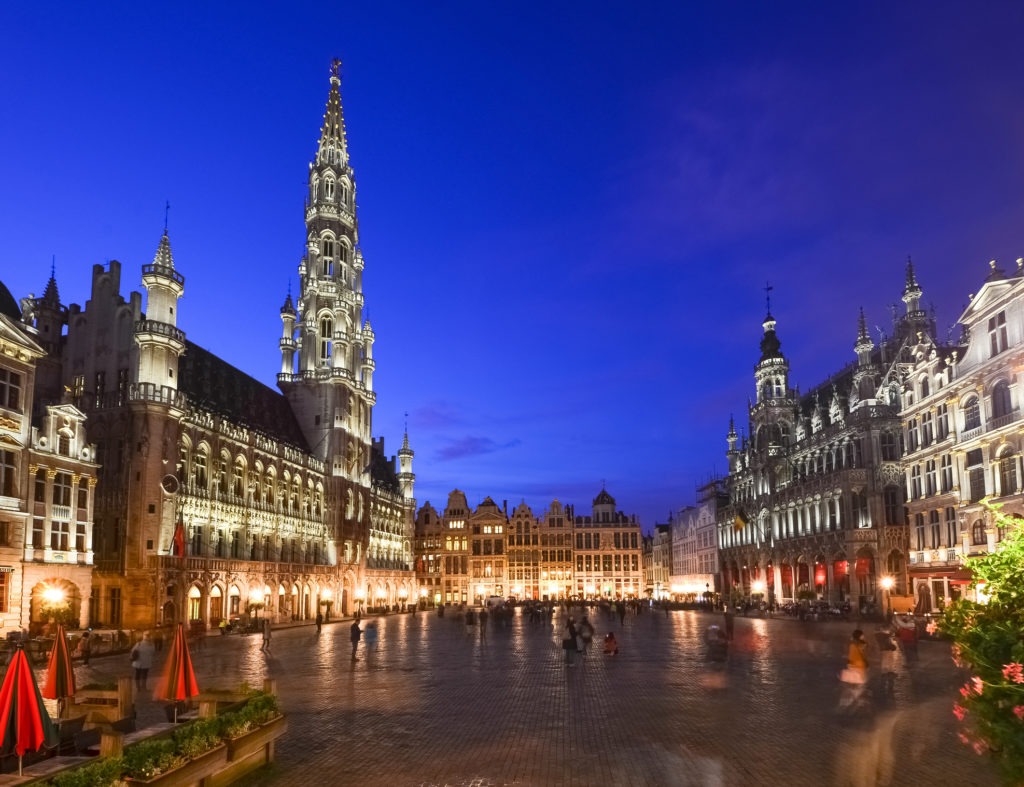Brussels considers tax increase and diesel bans by 2030
07 June 2018

07 June 2018
The Belgian capital of Brussels is planning to introduce a ban on diesel vehicles entering the city by 2030 at the latest.
Like other cities in Europe, Brussels is struggling with high levels of air pollution and has already decided to introduce bans on older diesel vehicles to help the situation. From 1 January, Euro 0 engine models are not allowed to enter the city limits.
By 2025, new diesel engines will gradually be excluded, with only Euro 6 vehicles allowed to drive through the city. This would be similar to a recent ban put in place in Hamburg, which on 31 May introduced legislation that restricts Euro 5 and below vehicles from driving on certain streets in the German city.
Last week, the Brussels government had already put together a task force to prepare for reform of Brussels car taxation. Brussels can determine the tax on the registration (BIV) and annual traffic tax itself. This could lead to a big increase in the amount of tax paid on diesel vehicles in order to drive them off the roads and move consumers into cleaner technologies.
In addition to a much heavier tax on diesels, Environment Minister Céline Fremault wants to encourage the purchase of ‘clean’ cars. In the agreement in principle that the Brussels government has now concluded, after 2030 work will also be done on a complete ban on cars with a combustion engine, including petrol cars. No timeline has been decided upon yet but could match the UK and France in banning traditional engines by 2040.
Reaction
Minister of Mobility Pascal Smet welcomed the government’s decision to ‘take an additional step towards a diesel fuel and in the second instance a ban for all vehicles on fossil fuels’. According to him, this should be well prepared in the coming months with all the parties involved.
‘Our main roads are our airways. More than half of the Brussels families do not have a car, but still, have the worst air in Belgium. That must be different, a ban on diesels is part of the solution ‘, he told De Standaard.
Reacting to the announcement, Ugo Taddei, a lawyer at ClientEarth, said: ′The minister’s proposal is a positive sign, but it’s just not ambitious enough. Cities like Paris or Rome have announced diesel bans by 2024, and there’s no reason Brussels cannot do the same thing.
′We need ambitious action, but we need it now. The low emission zone of Brussels will only ban all pre-Euro 6 diesel vehicles by 2025, this new diesel ban announced by Mrs Fremault by 2030 will do nothing to improve the quality of polluted air in Brussels and respect the legal standards as soon as possible.
′As the capital of Europe, Brussels should set an example, not dragging its feet as the rest of Europe makes progress to counter the crisis that is air pollution.’